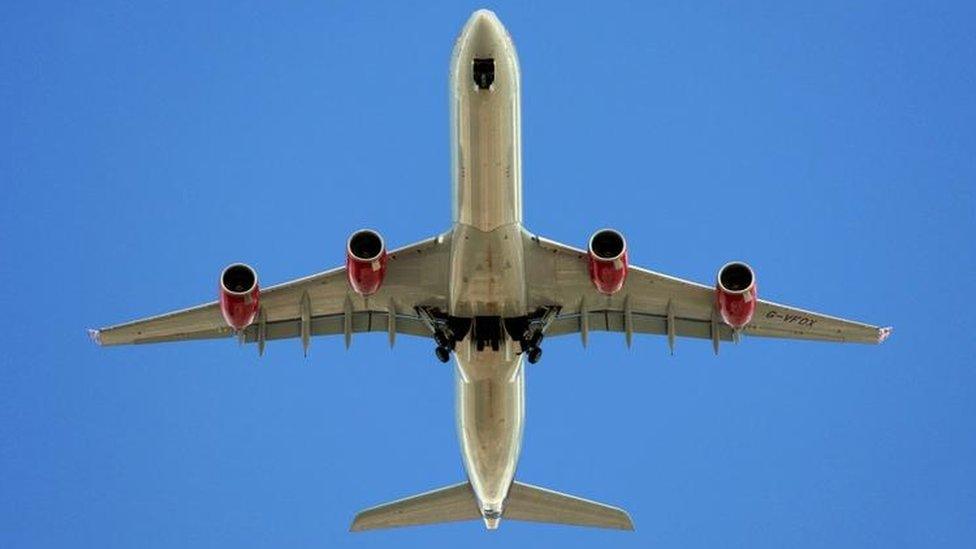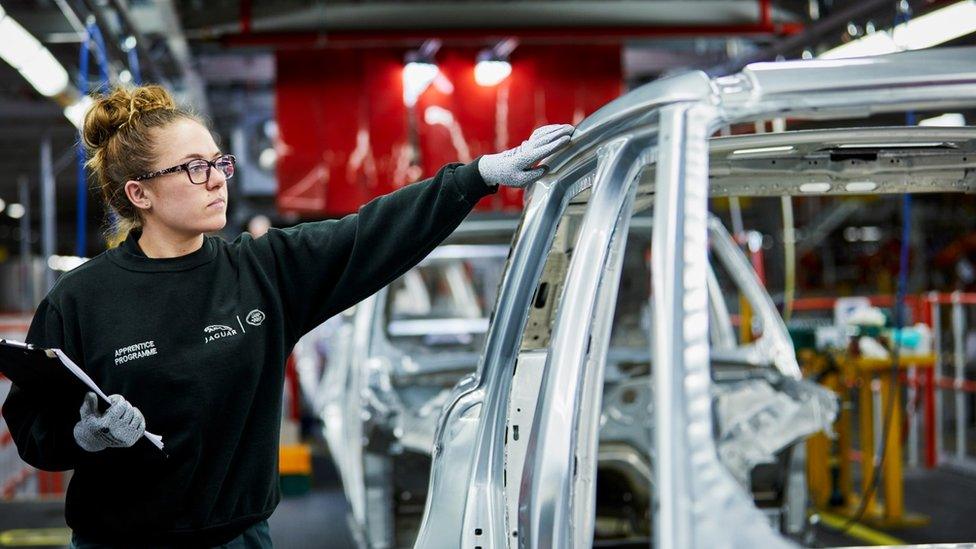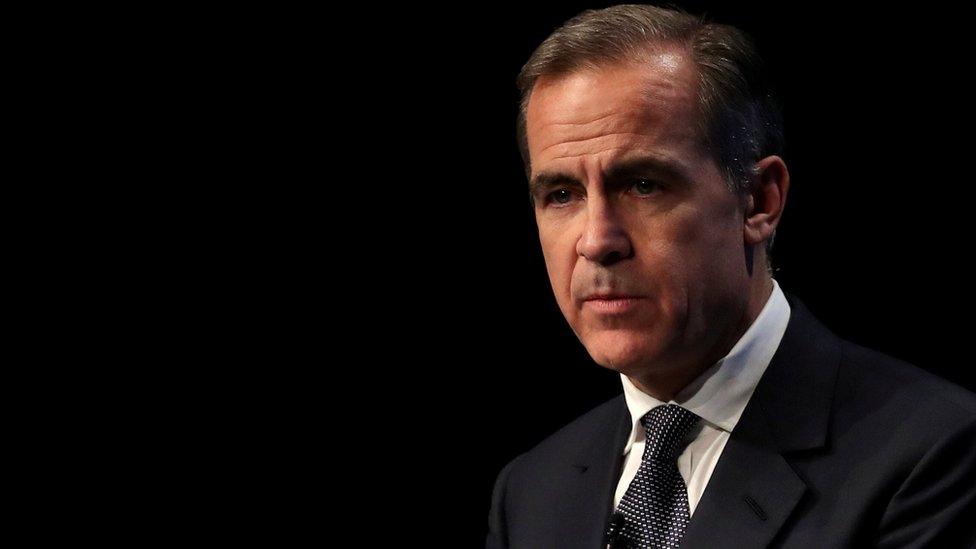Food and fuel inflation 'hitting UK supply chain'
- Published

Transport and logistics firms have been hit by rising fuel costs, Begbies Traynor says
Rising food and fuel prices are putting pressure on firms operating in the UK supply chain, an insolvency firm says.
Begbies Traynor found almost 22,000 firms were facing "significant financial distress" in sectors such as logistics and wholesale - up by a quarter in the past 12 months.
It warned the new National Living Wage would add more pressure, and that costs would be passed on to consumers.
The UK's inflation rate was 2.3% in March, the highest since 2013.
According to Begbies Traynor, rising energy and food prices, combined with the recent fall in the pound, had "undoubtedly put a strain on much of the UK supply chain".
The pound has fallen by about 16% against the dollar since the Brexit vote last June, pushing up the cost of imported goods.
According to the research, industrial transportation and logistics businesses experienced the largest increase in significant financial distress in the first quarter of 2017 - up 46% year-on-year - largely due to rising fuel costs.
Meanwhile, levels of distress in the wholesale sector rose 16%, and were 15% higher in the food and beverage sector.
Begbies Traynor said that higher rates of financial distress normally led to higher levels of insolvency.
Pressure on profits
Julie Palmer, a partner at Begbies Traynor, said: "It would appear that food suppliers, logistics firms and wholesalers are yet to fully pass on these rising costs to their customers.
"But it is only a matter of time before we start to see this coming through, especially given the added margin pressures associated with the new National Living Wage."
She added: "Once those costs ultimately feed through to consumers, we'd expect further pressure on sectors exposed to discretionary spending such as retail, bars and restaurants, travel and leisure."
The company said that uncertainty over the UK's future trading relationship with the EU was another challenge facing firms.
This was not just in terms of their European distribution channels, but also their staffing needs, given that many relied heavily on EU workers.
It said firms could not afford to take a "wait and see approach" and needed to "invest rapidly" to improve their efficiency or renegotiate prices with customers.
- Published11 April 2017

- Published12 April 2017

- Published16 January 2017
